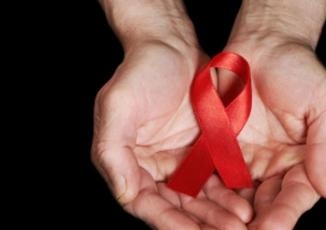New Research Fellowship in Ending HIV
The Kirby Institute has received $4 million for a new research fellowship to help address increasing rates of sexually transmissible infections and blood borne viruses.
The Kirby Institute has received $4 million for a new research fellowship to help address increasing rates of sexually transmissible infections and blood borne viruses.

The Kirby Institute at UNSW has received $4 million for a new research fellowship to help address increasing rates of sexually transmissible infections (STIs) and blood borne viruses including HIV, hepatitis B and hepatitis C.
The Federal Minister for Health and Medical Research, Tanya Plibersek, announced the new Minister’s Research Fellowship in Ending HIV at the Kirby Institute yesterday. It is part of a broader $30 million national prevention and research package.
“This is very welcome news from the Ministry,” said Professor David Cooper, Director of the Kirby Institute. “We know that investing in prevention messaging amongst risk groups is so important, but it should be partnered with research into prevention methods as well, and this funding package addresses the need for both.”
The Minister said recent data showed that while the prevalence of HIV in Australia was low by international standards, new infections were on the rise.
“We can help to end HIV through our important prevention work, but continuing Australia’s world class research into finding a cure is critical too. This new fellowship will provide significant support to a leading HIV researcher to further their work,” Ms Plibersek said.
The multi-year funding commitment will allow the Kirby Institute to hire an outstanding researcher who will work collaboratively across the Institute’s programs.
“The Kirby Institute is globally recognised in the area of HIV research,” said Professor Cooper. “I think this funding puts us in a particularly strong position to lead the way as opportunities for research in this area develop. We look forward to seeing the future impact our work will have on affected communities in Australia and worldwide.”
Read the full release on The Kirby Institute website.
Media contact: Laurie Legere | +61 413 476 647 | llegere@kirby.unsw.edu.au